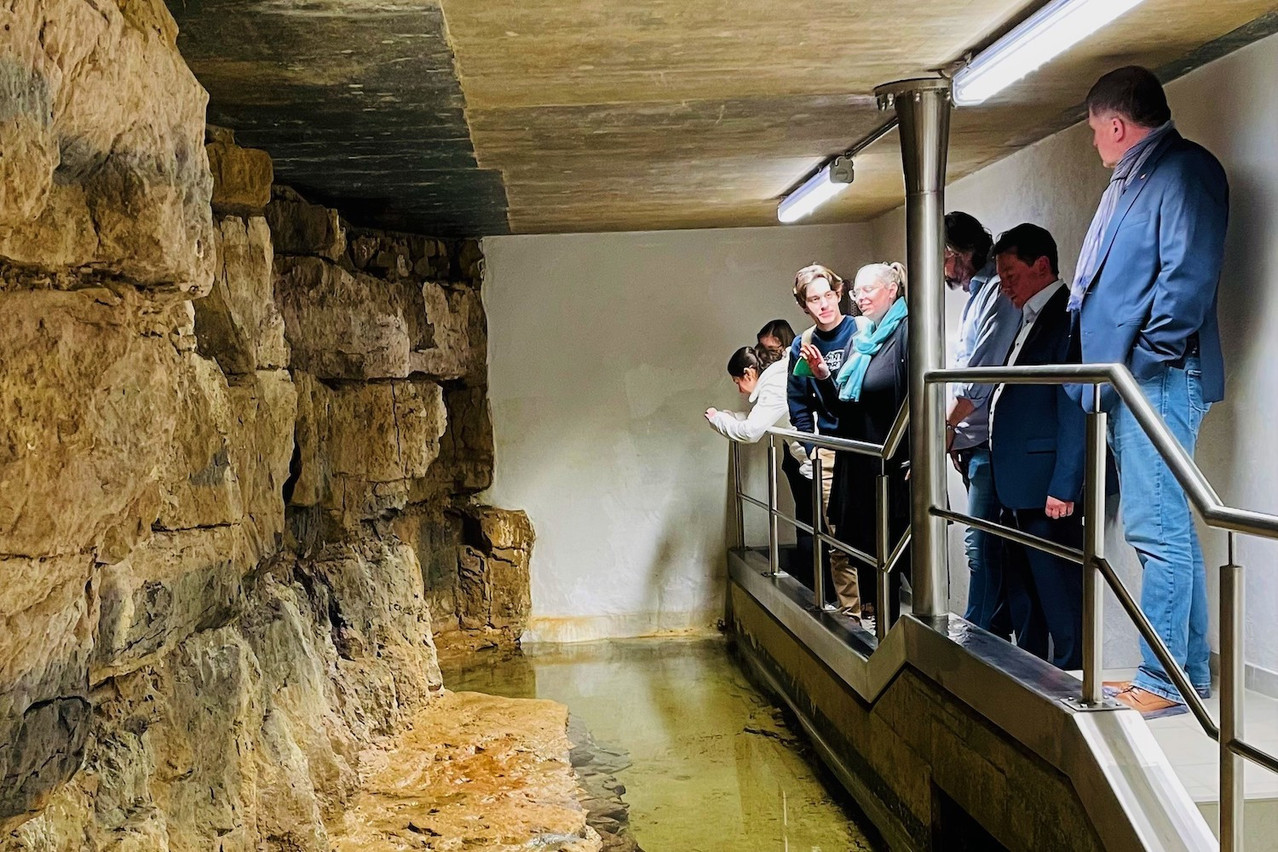The ministry hosted a press conference on Luxembourg’s underground water reserves to mark World Water Day on 22 March.
“The importance of groundwater is undeniable: just consider that of the 44 million cubic metres of drinking water used per year in Luxembourg, 55% comes from no less than 250 groundwater catchments,” said Magali Bernard of the water management administration.
But these groundwater sources are under threat. Around 100 catchments--that could provide drinking water for 65,000 people--cannot be used because of pollution, for example from fertilisers and pesticides used in agriculture.
“Our groundwater resources are endangered by human activities and it is high time that everyone mobilised, at their level, to protect our precious resources,” said environment minister Carole Dieschbourg (déi Gréng).
The government has declared 44 protected zones for groundwater catchments since 2014, with another eight in the process of being finalised. Studies are underway to declare protected zones for a further 30 catchments. In the protected zones, a number of restrictions apply to help prevent pollution.
Luxembourg is under pressure to clean up its waters from the EU. Under the Water Framework Directive member states should achieve good condition for all their waters by 2027. In Luxembourg, only around 2% of surface water bodies and half of its groundwater bodies meet this target, mostly because of pollution from agriculture and the effects of urbanisation.
The ministry previously said it is unlikely to meet the 2027 goal but is working on getting as close as possible. This includes measures such as rewilding the Pétrusse in Luxembourg City, returning it to a natural bed as artificial waterways get low marks in the directive.
Not only pollution is threatening Luxembourg’s groundwater. The water management administration this week warned of a leaving water levels below average.
